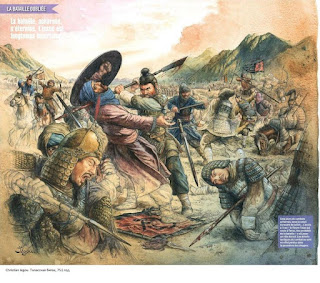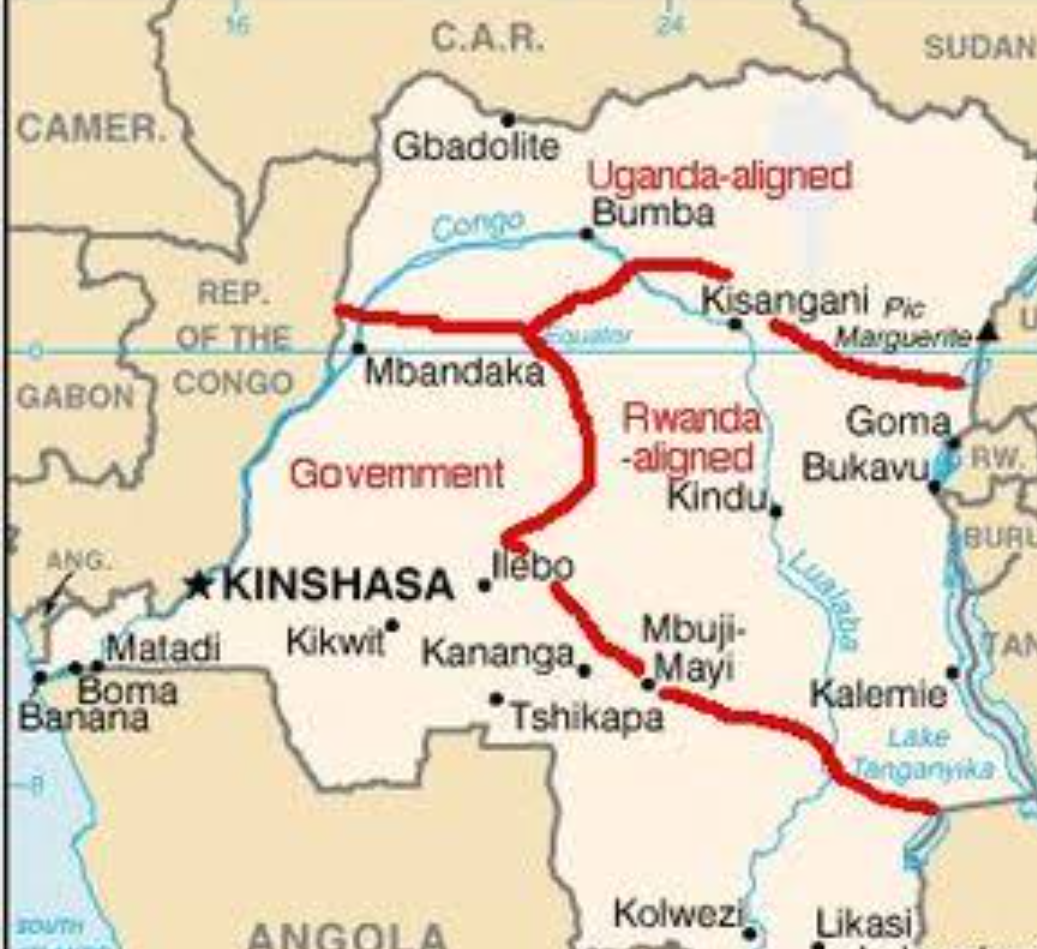Battle of Marathon (490 BC)
Introduction:
The Battle of Marathon is a historic battle that took place in 490 BC, between the Persians and the Greeks. It was fought on the plains of Marathon, which is located about 25 miles from Athens. The battle is considered to be one of the most critical battles in the history of the Western world, as it marked the first time that the Greeks had successfully repelled a Persian invasion. This article will explore the events that led up to the Battle of Marathon, the battle itself, and its significance.
Background:
The Persian Empire was one of the largest empires in the ancient world, and it was constantly expanding. In 546 BC, the Persians conquered the Ionian Greeks, who were living on the coast of modern-day Turkey. The Greeks rebelled against Persian rule in 499 BC, which led to the first Persian invasion of Greece. The Greeks were ultimately successful in driving the Persians out of Greece, but the Persians vowed revenge.
In 490 BC, King Darius of Persia launched a second invasion of Greece. His army consisted of approximately 25,000 soldiers, and he intended to conquer Athens, which was one of the most powerful city-states in Greece.
The Greeks, on the other hand, were not unified. The city-states of Athens and Eretria joined forces to fight the Persians, but ma
The Battle:
The Greek army was led by ten generals, including the famous Athenian statesman, Miltiades. The Persians landed at Marathon and immediately began to prepare for battle. They had the advantage of having a large cavalry, which the Greeks did not have. The Greeks, however, were skilled at fighting on foot, and they had the advantage of being able to fight in tight formations.
On the day of the battle, the Persians advanced towards the Greek lines but were met with fierce resistance. The Greeks had formed a phalanx, which is a formation where soldiers stand shoulder to shoulder with their shields overlapping. The phalanx was able to hold off the Persian charge, and the Persians were unable to break through.
After a stalemate that lasted several hours, the Greeks launched a surprise attack on the Persian flanks. The Persians were caught off guard, and many of them were killed. The Greeks then turned their attention to the Persian center, and they were able to break through the Persian lines. The Persians began to retreat toward their ships, but they were pursued by the Greeks, who killed many of them.
Aftermath:
The Battle of Marathon was a decisive victory for the Greeks. The Persians lost approximately 6,400 men, while the Greeks lost only 192. The victory was due in large part to the skill of the Greek soldiers and the leadership of the Greek generals.
The Battle of Marathon was not only significant because it marked the first time that the Greeks had successfully repelled a Persian invasion, but it also had other long-lasting effects. The victory gave the Greeks a newfound confidence in their military abilities, and it helped to unite the city-states against a common enemy.
The victory at Marathon also had a cultural impact. The story of the battle was celebrated in Greek literature, and it became a symbol of the Greek spirit and courage. The war also inspired the modern-day marathon race, which is named after the messenger who ran from Marathon to Athens to deliver the news of the victory.
In conclusion, the Battle of Marathon was a pivotal moment in the history of ancient Greece and Western civilization. The victory of the Athenians over the Persian Empire demonstrated that a smaller army with a strategic advantage and better tactics could triumph over a larger force. This battle established the precedent of democratic values and individual freedoms, which remain crucial pillars of Western culture today.
The Athenians’ success in the Battle of Marathon also played a significant role in shaping the politics and culture of the ancient world. The Persian Empire, after being defeated by the Greeks, suffered a significant blow to its reputation as an unconquerable force. This victory gave the Greek city-states a sense of confidence, and they went on to build an empire of their own, under the leadership of Athens.
The Battle of Marathon also inspired a legacy of heroism and valor, which is celebrated in art, literature, and popular culture. The story of the Athenian soldier Pheidippides, who ran from the battlefield to Athens to deliver news of the victory before collapsing and dying, inspired the modern-day marathon race.
In conclusion, the Battle of Marathon was a decisive victory that helped to shape the course of history. It was a demonstration of the power of a determined and disciplined army, as well as the courage and bravery of individual soldiers. The victory of the Athenians over the Persian Empire is a testament to the enduring legacy of ancient Greece and the values that continue to inspire us today.

.jpeg)

